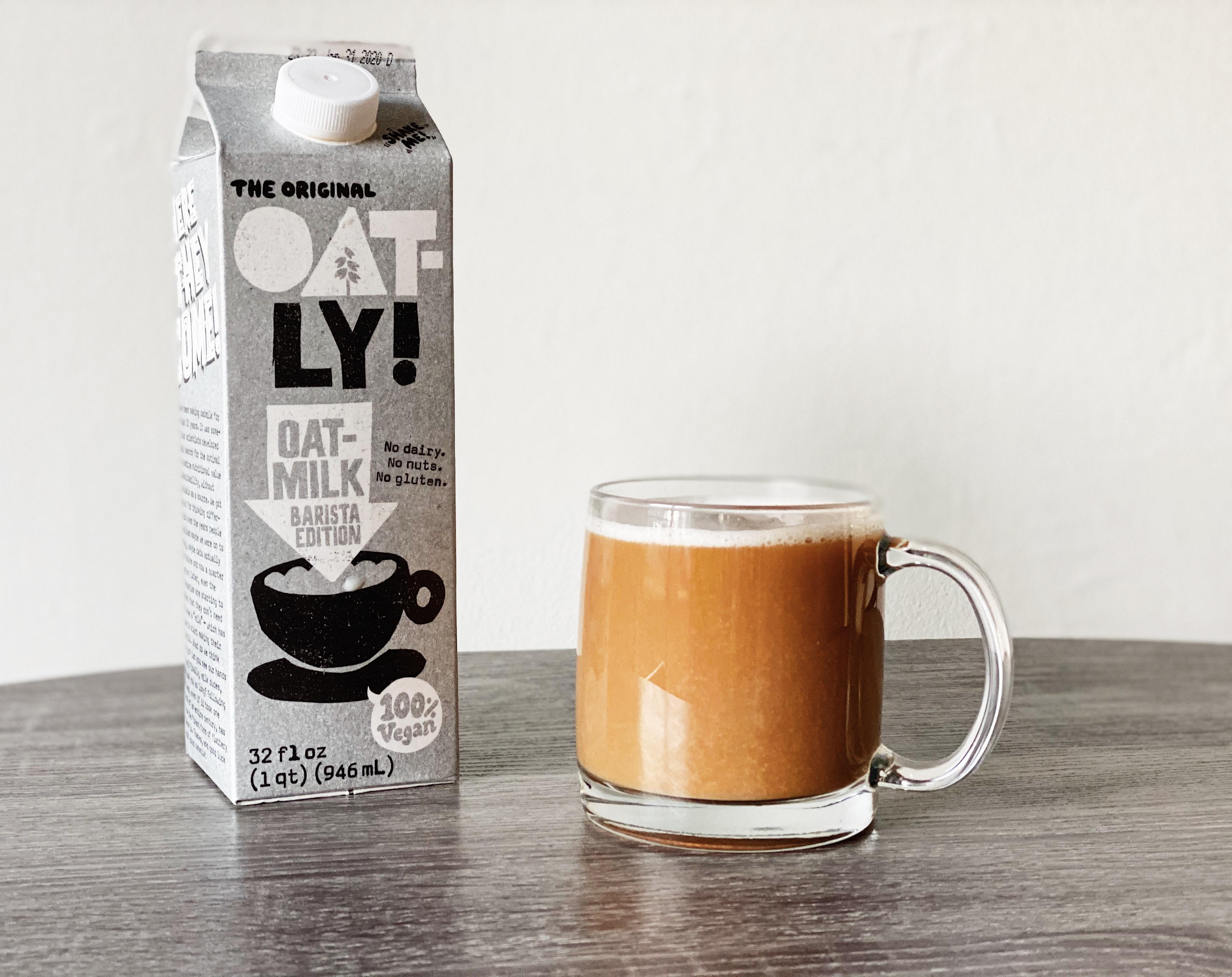
Trademarks filed in bad faith: the case of Tesco vs Lidl
Bad Faith trademark filings worldwide have increased significantly over the past years. And while the problem persists, the trademark lawyers still struggle to define consistent minimum acceptable standards for dealing with bad faith trademark applications. Resolution of the ongoing dispute between Lidl and Tesco could have significant implications for future rulings concerning bad faith trademark registrations.







